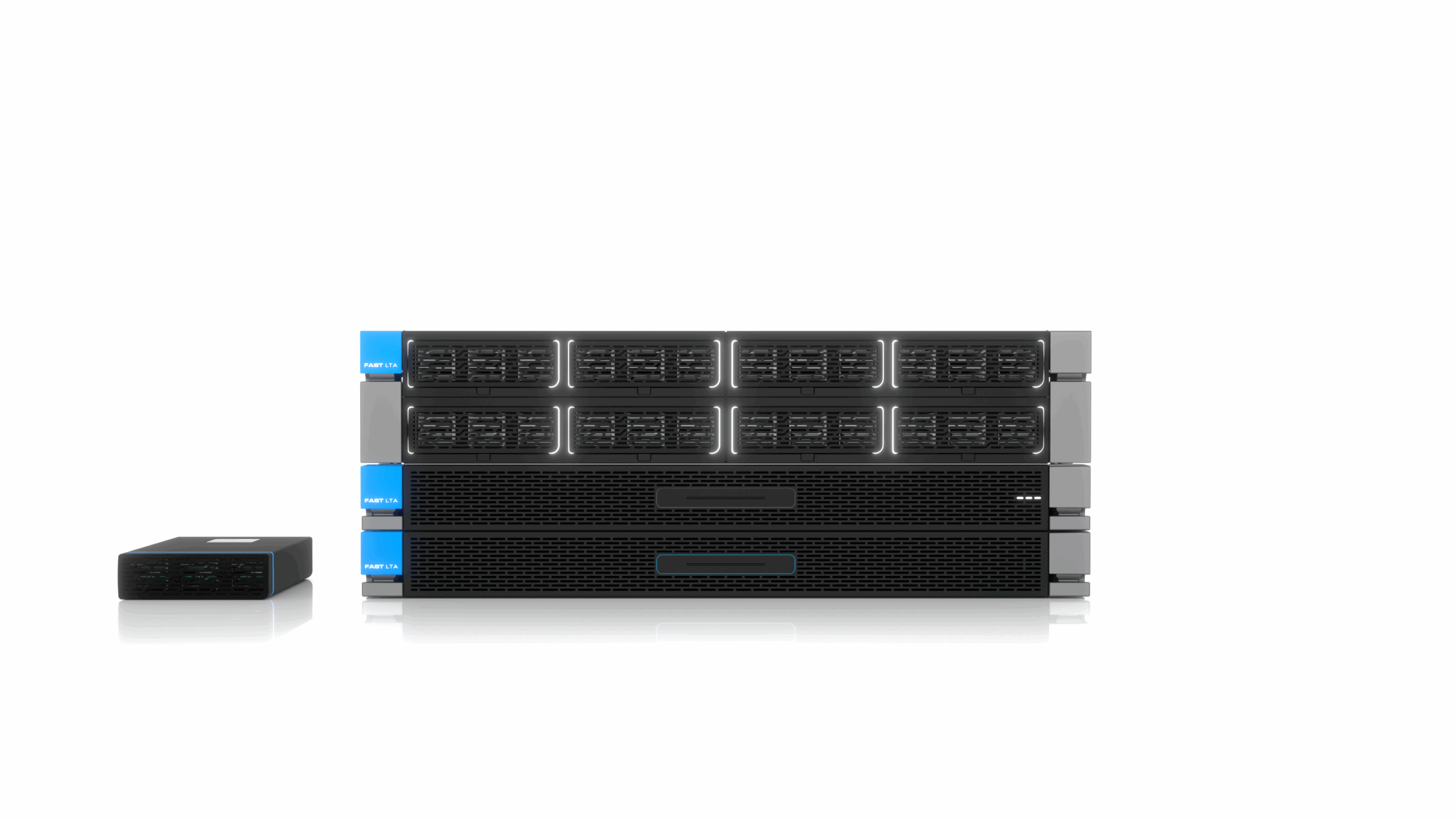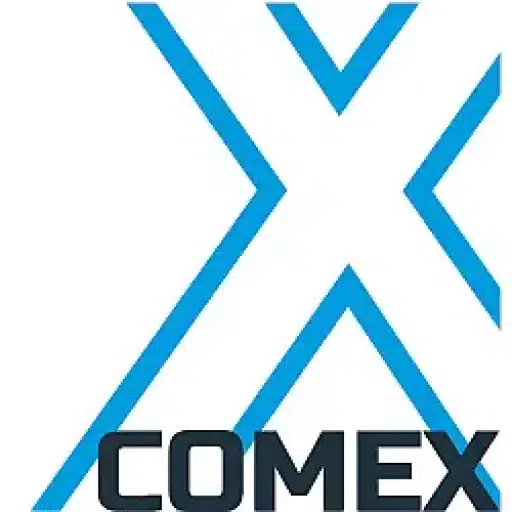+31 (0)43 30 88 400 | office@comex.eu
Available archival data. Without tapes.

Your data is most important for current and future applications. Data loss must be eliminated.
Don’t compromise on security.

Even “cold” data must be available always and quickly. Active archives replace slow, linear tape technologies.
Always fast availability thanks to storage on hard drives.

In the petabyte range, every euro counts. Huge data growth and high scalability should not lead to a cost explosion.
Cheap to expand, highly scalable – a true alternative to tape.
Storage requirements for archives have fundamentally changed. For a long time now, it has not just been about storage – data must always be available quickly and with random access. Security and control of costs, especially in times of ransomware and rapidly growing data volumes, are of central importance.
As our client DLR impressively demonstrates

Quadruple security:
In VTL mode, data on Silent Bricks is four-fold protected from loss by 12/8 erasure coding. Up to four data carriers can fail simultaneously without losing any data. The data carriers are also regularly checked for integrity using Digital Audit.
Memory NVMe:
Unlike with tapes, data on NVMe’s is, of course, randomly accessible. There is no need to laboriously “rewind” the data, which with tape storage always carries the risk of physical damage. In our experience, the lifespan is several decades.
Alternative to technology:
Over a period of use of 10 years or more, our VTL archives result in similarly low total costs as well-protected and used tape libraries – with significantly lower maintenance costs and increased functionality.

We regularly write blogs on current topics from the world of digital storage technology. Sign up here to be notified about new blogs.
